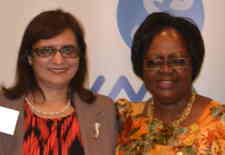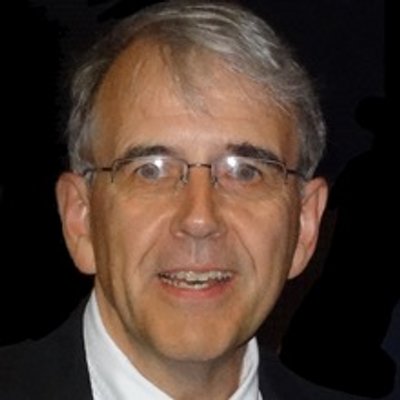A week in review – New Cooperations
A week in review – New Cooperations
Geneva, Switzerland to Düsseldorf, Germany. Although last week was what I would refer to as a quiet week, there are two highlights to report on:
Firstly, the WMA Executive Committee[1] decided to award the title WMA Cooperating Center[2] to the Steve Biko Centre for Bioethics, University of the Witwatersrand, Johannesburg, South Africa. This is remarkable in several ways. Steve Biko was an anti-apartheid activist who died in police custody as a result of torture. The failures of the (white) medical community in South Africa at that time finally led to a split in the World Medical Association. The failure of the Medical Association of South Africa and the WMA to clearly stand up for human rights at that time was certainly one of the serious mistakes of these organizations. Steve Biko’s death was one of the critical events that finally led to the isolation of the apartheid regime.
There has been increasing cooperation between the Steve Biko Centre for Bioethics and the WMA for more than a decade. We have continuously worked together on issues of research involving human beings, with a focus on questions of placebo use and research in resource poor settings, and on new ways to empower illiterate communities using speaking books that bring health education to them. Prof. Ames Dhai, the head of the Steve Biko Centre, is currently President of the South African Medical Association. By affiliating ourselves with an organisation bearing this name, we not only pay tribute to an academic partner we have held in high estime for many years now, but also to a man to whom we owe praise for his sacrifice: Steve Biko.

Secondly, the World Medical Association has, for the first time, issued a joint press statement with the UN Special Rapporteur for the Right to Health, Armand Grover. Following the protests at Gezi Park in Istanbul and in other Turkish cities last summer, the government has now prepared a law that would require special permission and registration to provide assistance in extraordinary circumstances like catastrophes and riots. The intention is very obvious: the government wants to discourage health professionals from providing first aid and medical assistance to government opponents or, if they do register, to be able to easily get hold of them and the names of those they treated. This is an old trick. In the nineties, the Turkish government required those treating torture victims to hand over the names of their patients. Intimidation is a powerful tool for denying access to health care to political opponents.
As then, so too now Turkish doctors are resisting, and we stand by them. The Special Rapporteur and the WMA are extremely concerned about the new law which contains draconian sanctions for those who do not comply. Grover warned that, “Enacting laws and policies criminalizing provision of medical care to people opposing the State, such as political protestors, will certainly deter healthcare workers from providing services due to fear of prosecution”.
The Turkish Government is taking an absurd route in fighting its own civil society. We need to stand by our Turkish colleagues in upholding medical neutrality and support their commitment to providing aid in critical situations. We are convinced that we stand on the side of righteousness. But for our Turkish colleagues this is not without peril. As Voltaire put it, “It is dangerous to be right when the government is wrong. ”
[1] The WMA Executive Committee consists of the president, president-elect and immediate past president, the chairs of council and committees, the treasurer, legal counsel and the secretary general
[2] WMA Cooperating Centers are academic institutions that support the WMA with scientific advice and on specific projects. The WMA currently has five cooperating centers. The Steve Biko Centre for Bioethics is the first in Africa.

